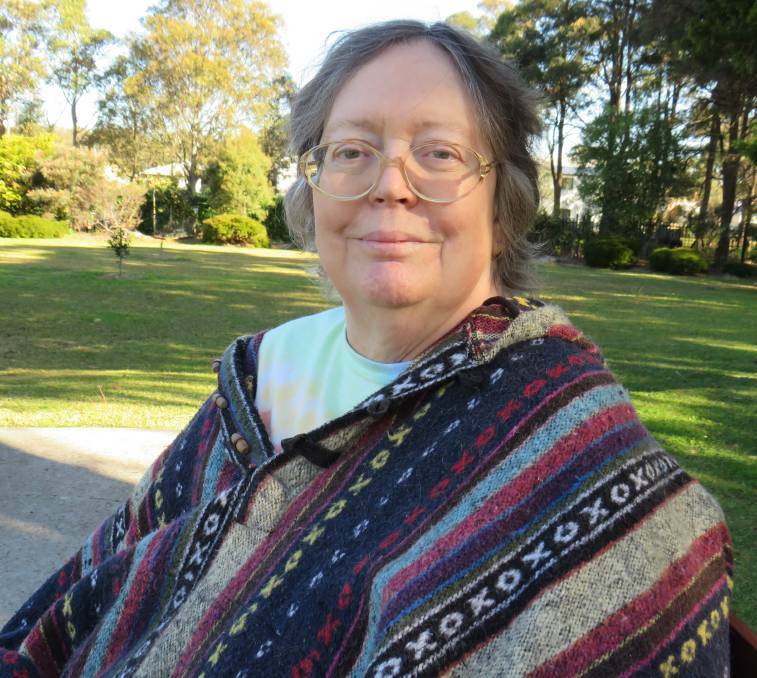
Retired virologist Sue Rodger-Withers says there's always a possibility a new variant of COVID-19 could be on our doorstep.
Subscribe now for unlimited access.
$0/
(min cost $0)
or signup to continue reading
The Port Macquarie resident, who previously worked at Fairfield Infectious Diseases Hospital, said there's increased opportunity for a new variant to emerge, due to the amount coronavirus is currently circulating within the community.
Dr Rodger-Withers explained the way viruses evolve is very different to humans.
"They can't move around unless we do," she said.
"They don't have a brain and they don't plan their trips through life.
"Humans determine where viruses travel and how they evolve through their movements."
COVID-19 is classified as a RNA virus, along with others such as the common cold, influenza and SARS.
"RNA viruses don't reproduce themselves very accurately when they are in a human host," she said.
"This is how variants emerge, due to the inability to copy in an accurate manner."
Dr Rodger-Withers said there's no blueprint for evolution of RNA viruses.
"However some variants attain qualities which enable them to survive, assemble and become whole."
Dr Rodger-Withers said there are millions of variants and some never survive, as they aren't able to transmit to a host.
Dr Rodger-Withers believes it was a mistake to open up NSW at the end of 2021, given the Omicron variant was on the state's doorstep.
"We should have opened up more cautiously," she said.
However, she concedes that generally speaking, the Omicron variant is milder than the previous strain Delta.
"We have people in the community who have a level of immunity because they are vaccinated or they've already contracted the virus, such as the Delta variant," she said.
"Those factors can cut down the severity of symptoms.
"You should never underestimate how a person might react to the virus once they are infected."
Dr Rodger-Withers said people should not be blase about purposefully contracting Omicron.
"There is a stage when the virus enters the blood after a couple of days, post the first stage which is respiratory," she said.
"It can attach to certain receptors on the heart, lungs, intestines and kidneys.
"That's what can kill a person."
Dr Rodger-Withers said people who have not been vaccinated or fully vaccinated for COVID-19, are at the most risk of experiencing the severe impact of the variant.
What else is making news, sport?
Our journalists work hard to provide local, up-to-date news to the community. This is how you can continue to access our trusted content:
Bookmark our website
Make sure you are signed up for our breaking and regular headlines newsletters
You can support us with a subscription
Follow us on Twitter: @portmacnews
Follow us on Instagram: @portmacnews
Follow us on Google News


